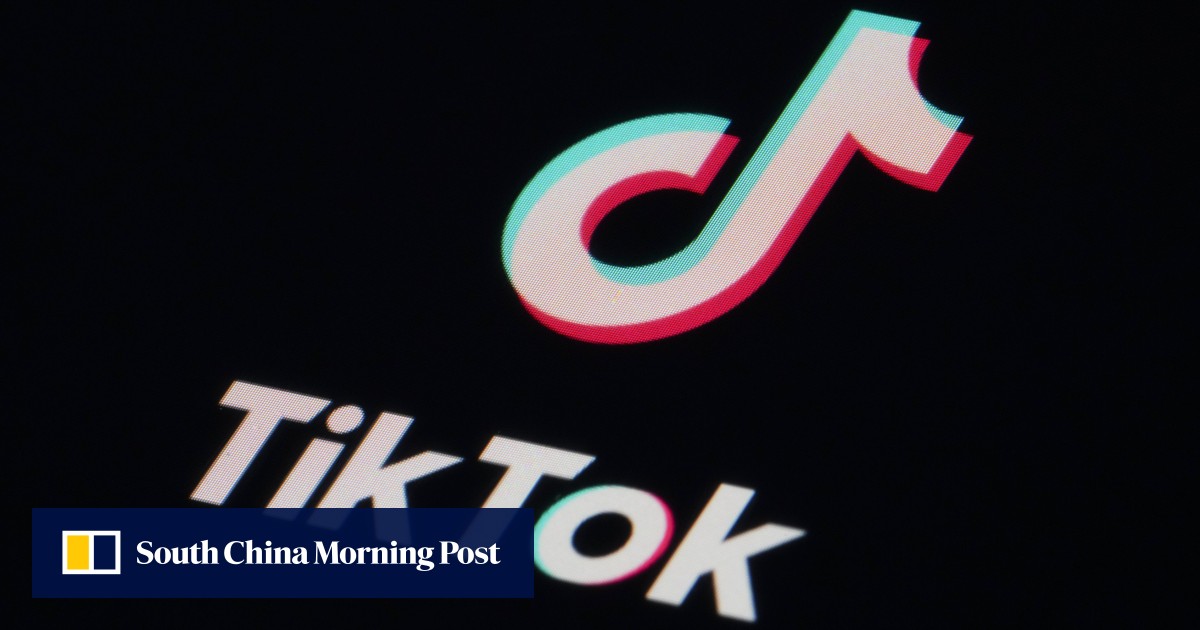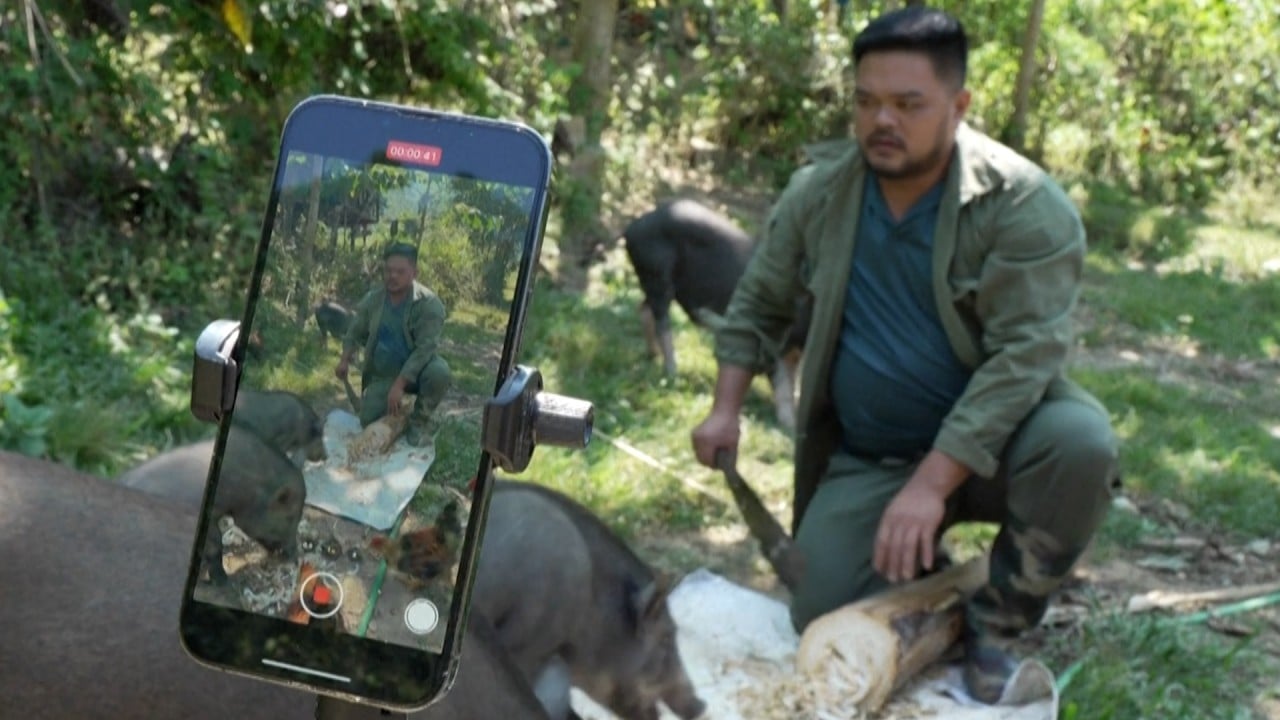It needed the injection of cash for it to keep growing in a challenging market, Walujo said in an interview with This Week in Asia.
Walujo, one of the first investors in Gojek, the ride-hailing and on-demand service that is the other part of GoTo, has every reason to be upbeat after winning what he describes as a “beauty contest”, with his company not initially in the running with other competitors vying for the TikTok deal.

The sale has stirred concerns about foreign ownership of big companies in Indonesia, a suggestion Walujo shrugged off as unwarranted, as he expressed confidence it would enable Tokopedia to chart future growth and make a greater impact rather than wither away into irrelevance.
It was a case of willing buyer, willing seller, he said, as the options for Tokopedia were narrowing. The other part of the deal that was attractive was a 0.4 per cent fee on both TikTok and Tokopedia’s combined transaction amounts as a revenue stream for GoTo with no associated cost. “That’s immediate profit,” he said.
Currently valued at US$225 billion, ByteDance is the most valuable privately owned global start-up, according to CB Insights. In 2023, it was reported to have made US$110 billion in sales, with 80 per cent of that from the Chinese market through the Mandarin version of TikTok, Douyin.
‘People need entertainment’: Indonesia’s crackdown on porn sparks furore
‘People need entertainment’: Indonesia’s crackdown on porn sparks furore
As the ban did not forbid joint ventures, the merger with Tokopedia will mean a back-end integration of their systems allowing purchases to be completed on Tokopedia even as the advertising or promotion of products continues on TikTok, especially its live channel.
Asked how the merger would help small offline merchants, Walujo said the company was committed to ensuring no predatory pricing, helping micro and small businesses get online for a share of online spending, and developing local talent.
These were the government’s objectives and GoTo will aim to fulfil them, he said.
Indonesia’s Bali searches for UK TikTokker over ‘negative’ videos of island
Indonesia’s Bali searches for UK TikTokker over ‘negative’ videos of island
Analysts said the Tokopedia deal, after countering strong headwinds in Indonesia, could inform future manoeuvres by TikTok in dealing with commercial pressures in other regional countries, even as regulations might differ among jurisdictions.
Jianggan Li, chief executive officer of Singapore-based consultancy Momentum Works, said: “The deal is a masterstroke, in my opinion. It allows TikTok Shop to turn a group of Indonesian interests from enemies into allies, greatly reducing the political risks operating in the country.”
As for GoTo, he said “they traded a money-losing and market share declining asset that they needed to turn around into a potentially profit-generating machine that they do not have to actively manage”.

After undertaking a strategic review, Walujo said Tokopedia had recognised that it needed to have the same technological know-how to compete, adding that Chinese engineers familiar with e-commerce had the latest knowledge in terms of artificial. “When we do this partnership with TikTok, it’s a lot easier for Tokopedia to get help on all these missing pieces … you don’t know what you’re missing until you look under the hood.”
Li said that while he did not see other regional governments having the same determination as Indonesia to bring TikTok under some form of control, the episode had probably “changed TikTok’s calculus and tactics – they are putting more focus on understanding and aligning with local interests instead of only focusing on growth”.
In an earlier report assessing the deal, Momentum Works also noted that Tokopedia and TikTok would jointly hold a 40 per cent share of Indonesia’s e-commerce market after this week’s signing, compared with the 35 per cent held by market leader Shopee, owned by the Sea group.
Indonesia’s e-commerce industry is set to expand to about US$160 billion by 2030 from US$62 billion in 2023, according to a report by Google, Singapore state investor Temasek Holdings and consultancy Bain & Co.
Joshua Pardede, chief economist at Permata Bank in Indonesia, said Tokopedia could take full advantage of TikTok’s live selling channel, while TikTok could use the infrastructure and network already built by Tokopedia.
TikTok restarts e-commerce in Indonesia with US$1.5 billion deal
TikTok restarts e-commerce in Indonesia with US$1.5 billion deal
But much will also ride on the execution, Li said. Future regulatory hurdles could also appear if the original concerns over the plight of small merchants are not sufficiently addressed.
Meanwhile, GoTo’s other businesses in ride-hailing, delivery and financial services will also stand to gain from the spillover effects of an enlarged consumer base, analysts said.
For Walujo, who took on the job as CEO last June after GoTo continued to bleed massive losses, the deal is a source of satisfaction and he intends to stick around to ensure a smooth merger. An early investor through his private equity firm Northstar, he was brought in to turn around the business.
A former Goldman Sachs banker, Walujo previously served as GoTo’s supervisory commissioner.
But he added: “We are just businesspeople, we go where the opportunities are. We have a set of values that we will adhere to. But it is what it is … Do we pay attention? Yes, we pay attention to make sure that we don’t get caught with a wrong move.”
The completion of the merger also comes in the wake of GoTo reporting its first-ever profit on an adjusted basis, a significant achievement for the company amid fierce competition.
GoTo announced last week its earnings before interest and taxes for the fourth quarter, without stating any figures. It will release its detailed earnings report for that quarter and the full year in March.

The company’s shares have lost more than 70 per cent of their value since its Jakarta initial public offering in 2022. It has undergone massive job and spending cuts and completed a strategic review.
GoTo and regional peers such as Grab and Sea have been competing for customers but stiff competition and lack of consumer spending power have made growth and profitability a challenge.


